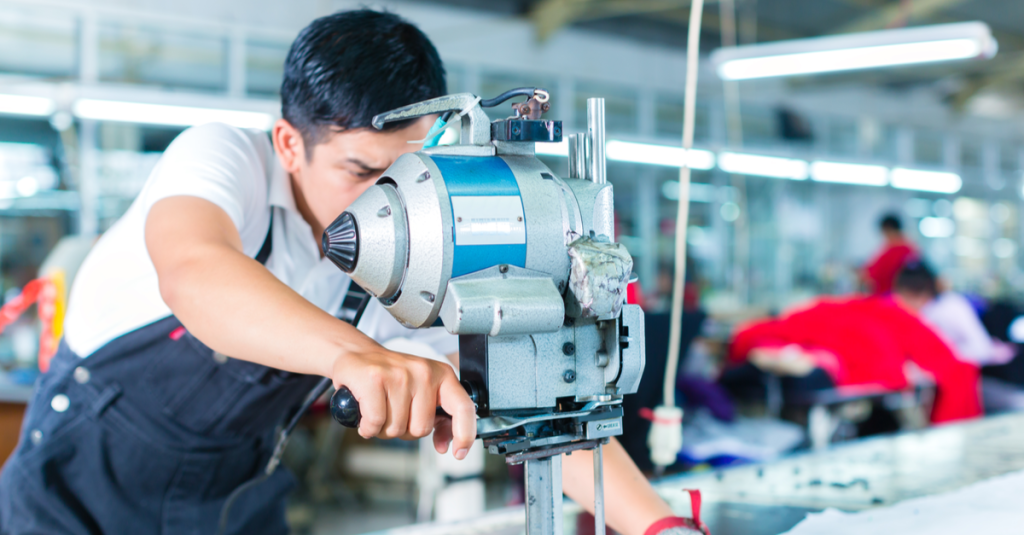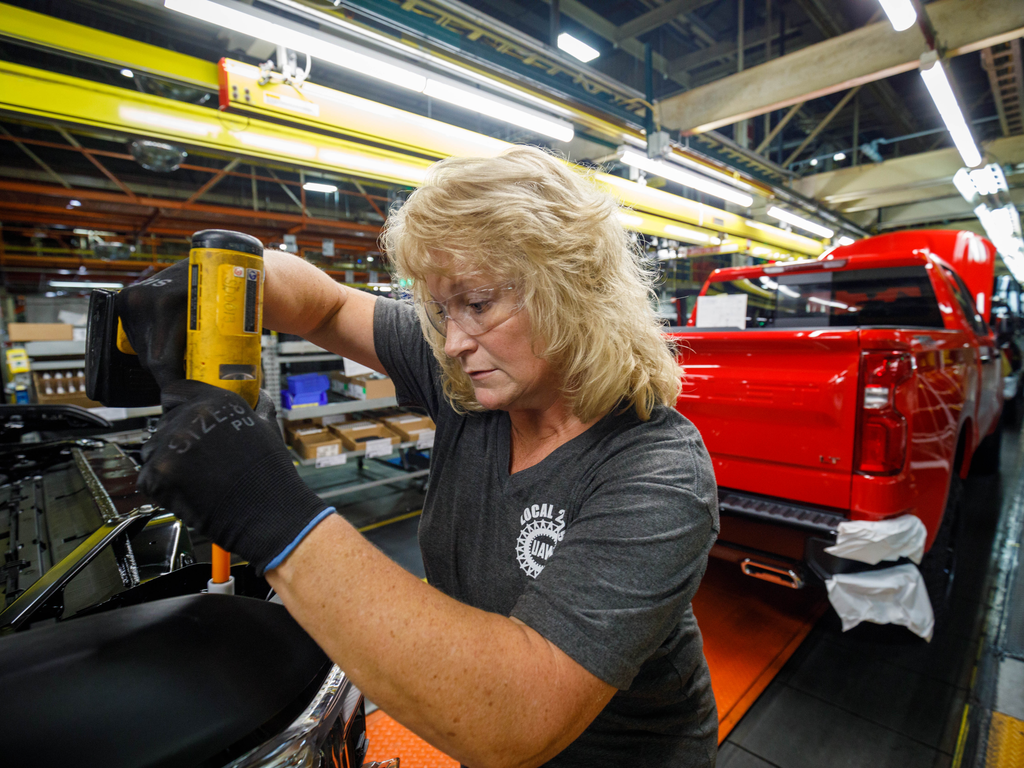On Repeat: Workplace Solutions for Repetitive Motions

Most people think of a workplace injury as a sudden and accidental event that causes bodily injury to an employee. That is absolutely true. However, severe injuries can also be due to the repetitive motions in which employees engage to complete their job duties. These repetitive motions can place undue strain on the body, and gradually over time can lead to injuries such as carpal tunnel, tendinitis, or back pain. In fact, there are over 100 different injuries that are classified as “repetitive motion”. That means employees have the potential to feel the impact of repetitive motion all over the body. Many of these injuries lead back to poor ergonomics in the workplace, where employees are fitted to their jobs and not the other way around.
Ergonomics, the study of how a workplace and the equipment used there can best be designed for comfort, efficiency, safety, and productivity is one of the best ways to fight back against repetitive motion injuries. Ergonomics helps design or modify the job duties around the employee, thus helping to reduce awkward positions and lower the risk of discomfort, and therefore decreasing future workplace injuries. Repetitive motion is one area ergonomics focuses on heavily as these actions are the root cause of multiple injury types, most notably musculoskeletal conditions or MSDs. MSDs are responsible for a reported 30% of all workers’ compensation costs, costs that exceeded $50 billion in 2011.
The only true way employers can address the issue of repetitive motion injuries is to face it head on. This article will outline a few ergonomic-focused solutions which can help lower the risk of repetitive motion injuries in the workplace and the associated workers’ compensation costs. The below solutions address different job environments most common in the workplace.
Workers Who Sit

- Prevent employees from working at awkward angles by providing adjustable chairs, desks, and keyboard holders
- Position computer screens within 15-20 degrees below the employee’s eye level
- Motivate employees to take frequent breaks to relieve their neck, back, eye, and hand fatigue
- Provide phone headsets for employees who are on the phone frequently
Workers Who Stand

- Provide foot rests or foot rails for employees who stand frequently as part of their job duties
- Provide cushioned footwear or floor mats to relieve the pressures of standing for extended periods of time
- Have employees take frequent sit breaks to rest the body
Workers at Job Sites

- Tools with shock/vibration absorbing handles should be supplied to employees
- Provide shock/vibration absorbing gloves to further reduce the stressor
- Provide power tools to employees where hand tools place too much stress on employees’ hands/wrists
- Make sure work area is at a level that will not require a worker to move in awkward positions
Find more safety tips for general construction workers here.
Workers Using Equipment – On Premises or Job Sites
- Have the most frequently used controls within a safe reach distance
- Whether sitting or standing, make sure employee has support to prevent the development of MSDs
- Properly label controls to reduce unnecessary movements for workers operating equipment
Wrapping Up

Repetitive motions can be accidents waiting to happen. Workplace assessments are a necessity for any business to ensure employee injuries and related costs are minimized as much as possible. As OSHA describes it, “fitting a job to a person” is the best way to reduce the frequency of repetitive motions that can lead to injuries.
Work-Fit provides proactive, preventive care processes customized for your company. We start with learning about your company’s work environment and where your employees spend the majority of their time. We build relationships with employees and management to discover MSD stressors in your workplace and how you can avoid them. With just a few easy actions, employers can make a huge impact on their workforce and bottom line. Take employees off repeat and create a safer workplace for all to enjoy.



